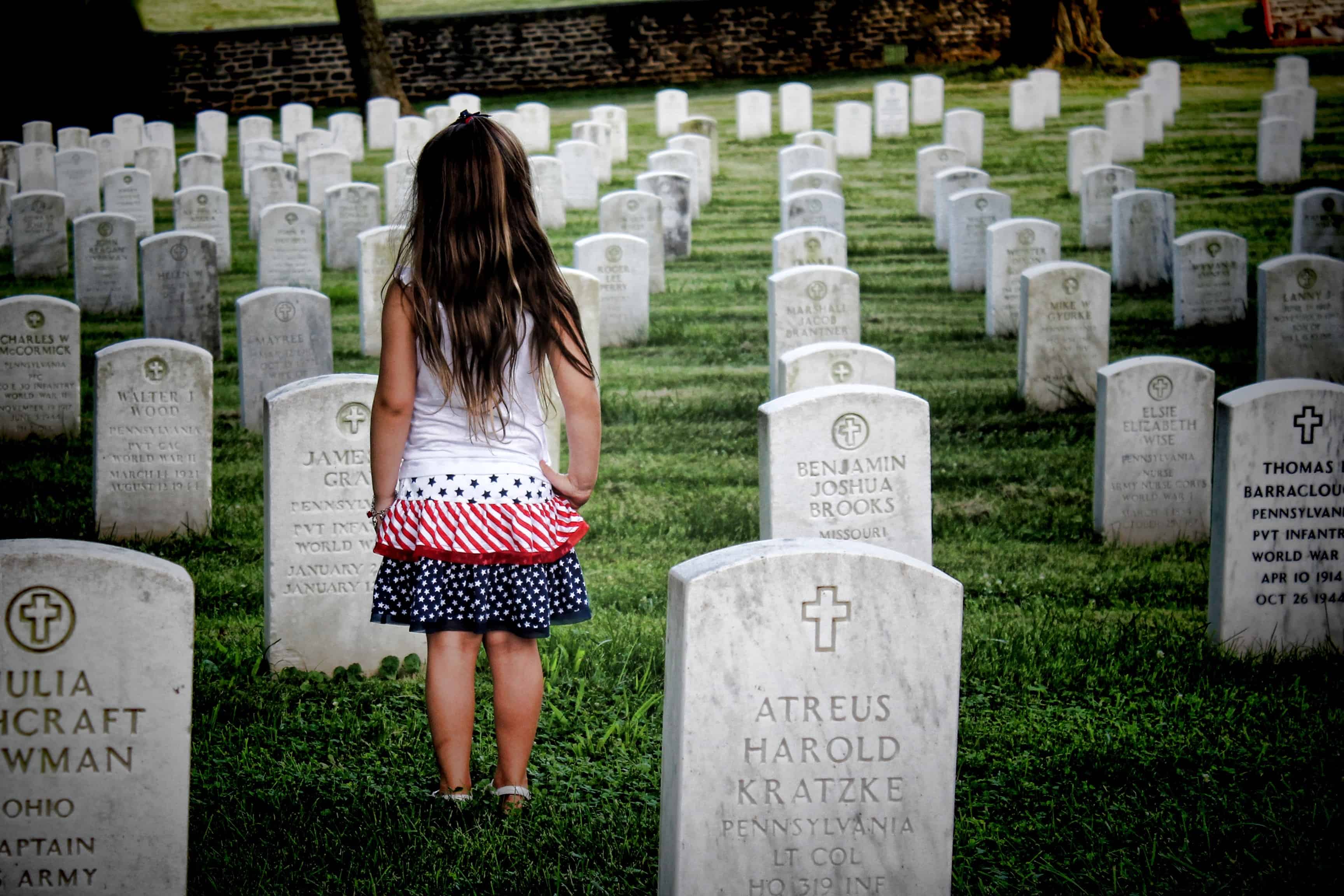Surviving Spouse and Dependent VA Benefits

Here at VA Claims Insider, I’ve noticed a lot of chatter recently about surviving spouse and dependent compensation. In this post, I am going to touch on the two types of monetary compensation a surviving spouse and dependents of deceased service-members can apply for.
Please note: VA Claims Insider does not help with survivor claims at this point, this is merely to help those who qualify to get pointed in the right direction for self-help.
First, let us start with “what benefits are offered to you?” Here is a list from the VA:
- Disability compensation
- Health Care
- Education and training
- Employment services
- Life insurance
- Memorial benefits
- Pension
- Home loans and housing-related assistance
Dependency and Indemnity Compensation
With Disability Compensation, there are particular guidelines for a spouse or dependent who choose to file for this benefit. This benefit is called Dependency and Indemnity Compensation or also referred to as DIC. To qualify for this or the Death Pension, you will have to have been married for at least 1 year or have a child together, have lived together without any gaps of time apart, and you are not remarried.
Upon applying, the surviving spouse will need these documents; valid marriage certificate or meet the common law requirements, and currently, be married to the deceased at the time of death, and you must be listed on the death certificate as such. DIC compensation is not granted on an income basis; you can still collect from other forms of pay, i.e., retirement, social security, etc.
According to the VA, these are the requirements for the surviving spouse to qualify for DIC upon death, and before starting the application process.
The Servicemember must have an honorable discharge from his/her branch of service, must have passed away from the service-connected disability or during military service, was receiving permanent and total disability rating for ten years before passing or from when they were discharged from active duty, for 5 years before their death.
Here is the form links for filing; these can be found here:
- Surviving spouse or child of the service member who died while on active duty, VA form 21P-534a
- Surviving spouse or child of Veteran, VA form 21P-534EZ
- Surviving parent VA form 21P-535 (these requirements apply very similarly to the spouse and/or child)
Please note that applying for this compensation is the same as applying for a disability claim. You will need to do an “intent to file” which is the date that you will receive back-pay to. You’ll also have 1 year from the “intent to file” to submit your claim.
Death pension
Now, another form of surviving spouse compensation is Death Pension. This differs from DIC, and so do the guidelines. Death pension is an income-based compensation; meaning you must meet the income guidelines to qualify.
Here are the surviving beneficiary requirements you should be aware of before submitting a claim for this. The VA requires that your annual income does not exceed the national poverty level that is issued in the Federal Register yearly. All earnings, including retirement, disability income, interest and dividends from annuities would count as income. Each year the VA will require you to show proof of income to qualify for the upcoming year.
Servicemember requirements
The deceased spouse must have served at least 90 days and served at least 1 day during a period of war if the year of death was before 1980. If it were after 1980, then they would have had to serve at least 24 months of active duty and at least 1 day during periods of war.
This compensation will give you a monthly stipend, aid and attendance, and housing benefits.
Note: aid and attendance would need to meet these requirements to qualify for this benefit, being bedridden, in a nursing home, severe vision issues, and or need help with daily living. Any related medical expenses can be deducted from the surviving beneficiaries income to help meet the income requirement.
If you need to review this information in the future this information was gained from the VA website.
Thank you for your time, and I hope this clears up some of the confusion for all of you. Please feel free to visit us on our website, or get started with our Elite Membership, or check out our Facebook page, Brian Reese.

